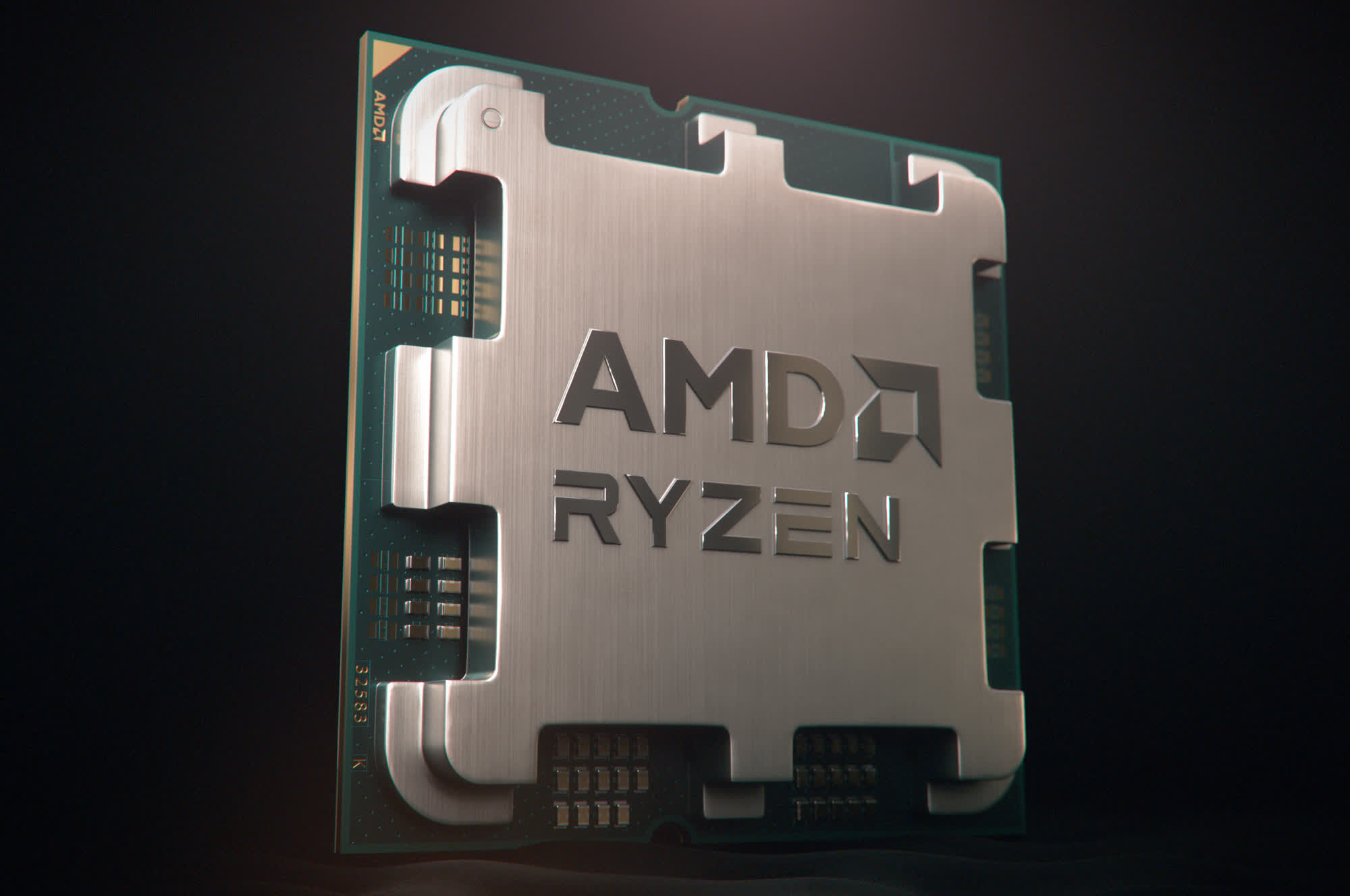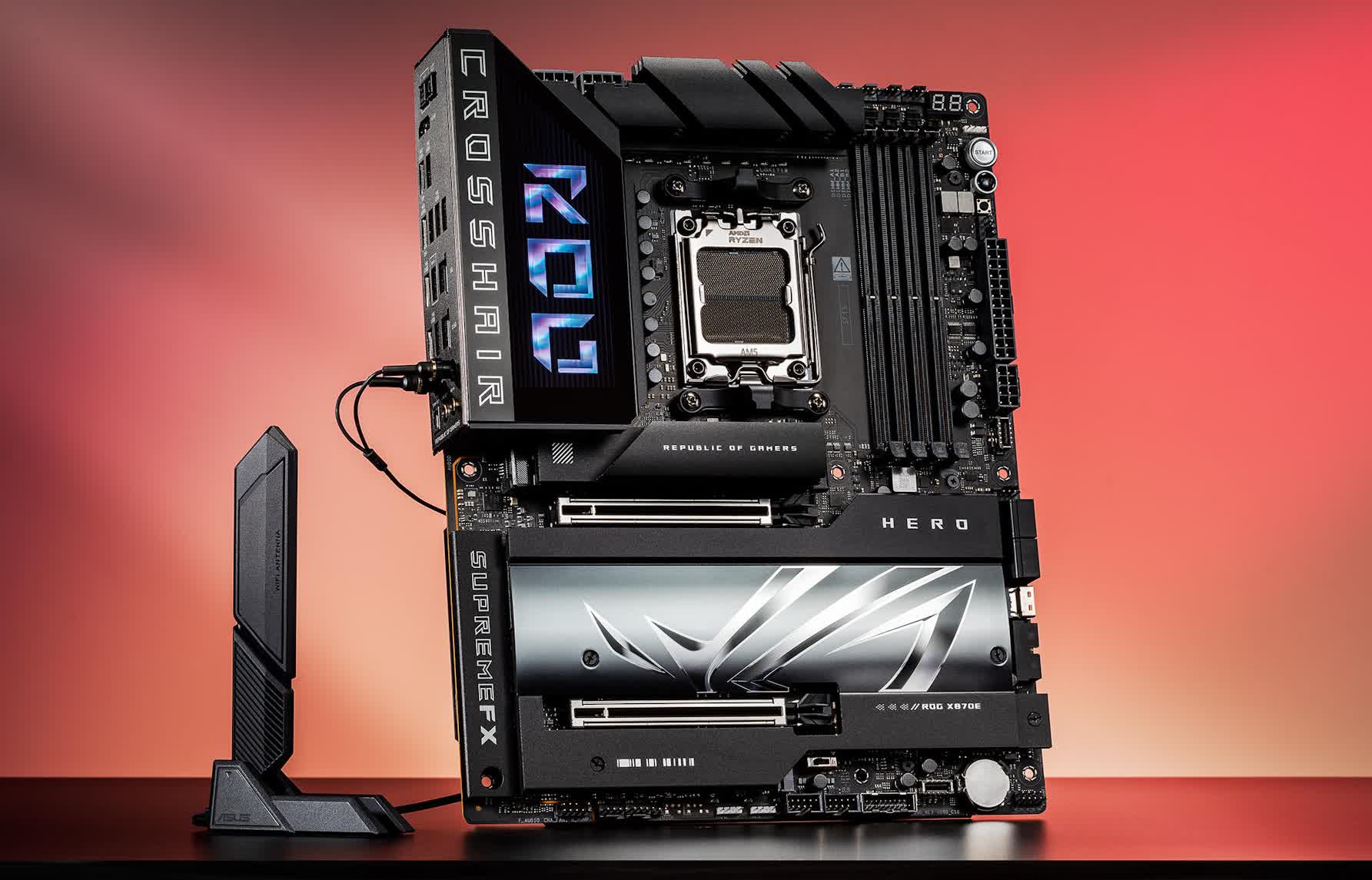In brief: Asus is rolling out an update for select motherboards that enables a new feature called Turbo Game Mode. As the name suggests, the mode is designed to boost performance in certain games when combined with select processors.
As Computer Base highlights, enabling Turbo Game Mode in the BIOS disables a processor's second core complex die (CCD) / chiplet when applicable and also deactivates simultaneous multi-threading (SMT). For CPUs with a single CCD, the toggle will simply turn off SMT.
On the surface, disabling key components of a processor sounds like a terrible idea – especially during intense workloads like gaming. The truth of the matter, however, is that less is sometimes more.
When the first multi-core processors hit the scene roughly two decades ago, the future of computer processing looked brighter than ever. Packing additional cores into a processor felt like a performance cheat code, and in some instances it was. The problem, of course, is that even today, not all workloads are optimized to take advantage of high core counts.

In select games and applications, for example, many cores go unutilized and may actually hinder performance. In this instance, it is often more effective to have fewer yet faster cores on tap – and that is exactly where Asus's new Turbo Game Mode comes in.
The feature allows users to disable extra cores for games that don't benefit from them, potentially resulting in better performance. Asus has not made any performance claims that we are aware of, but a similar feature from Gigabyte is said to boost performance by as much as 35 percent in select workloads.
A BIOS update to enable Turbo Game Mode is available for select Asus motherboards including the ROG X870E Crosshair Hero board. Interested parties are encouraged to check the support page for their corresponding motherboard to see if the new mode is available. On the X870E Crosshair Hero, the update is listed as a beta variant meaning stability might not be a guarantee.
